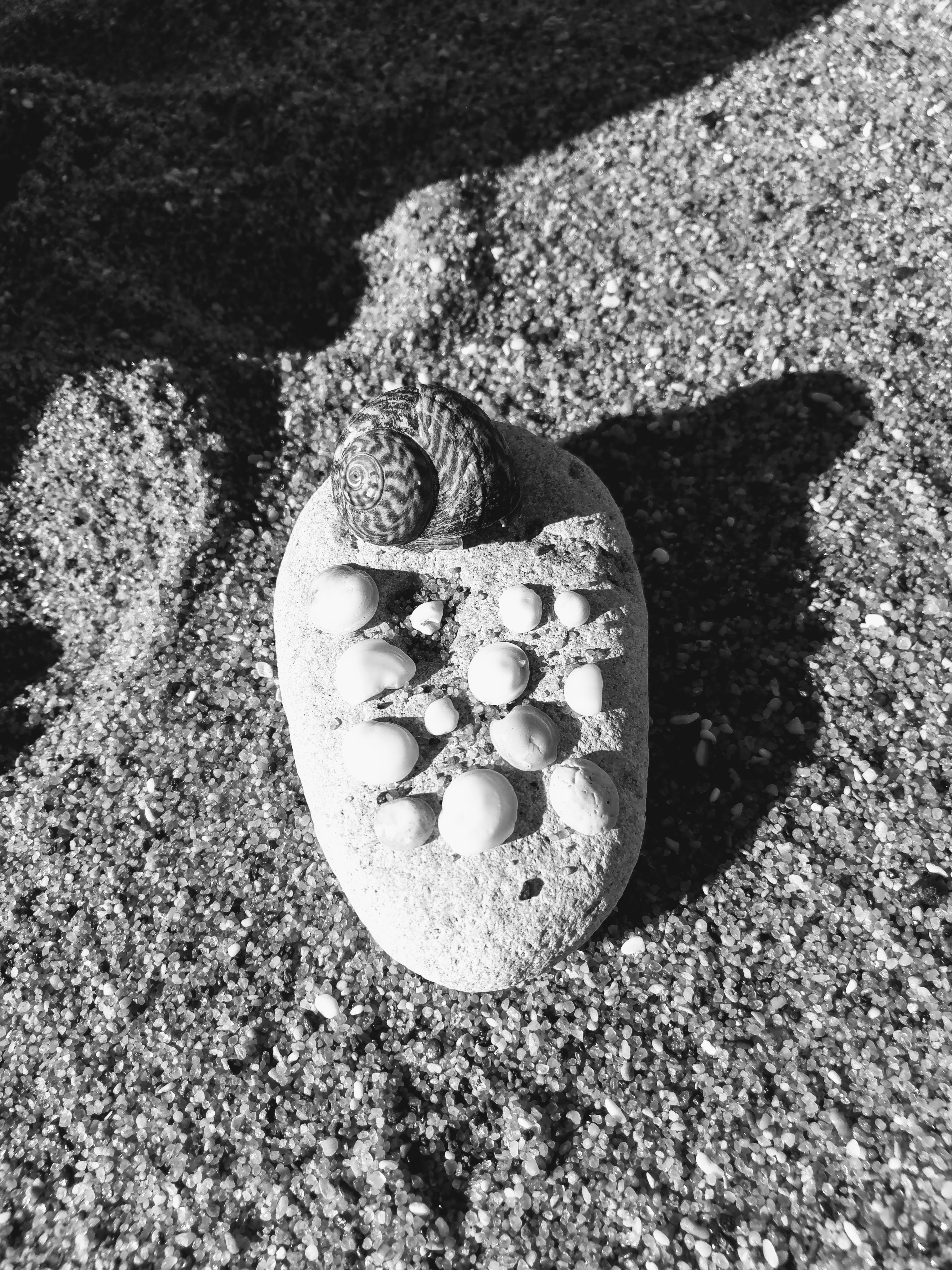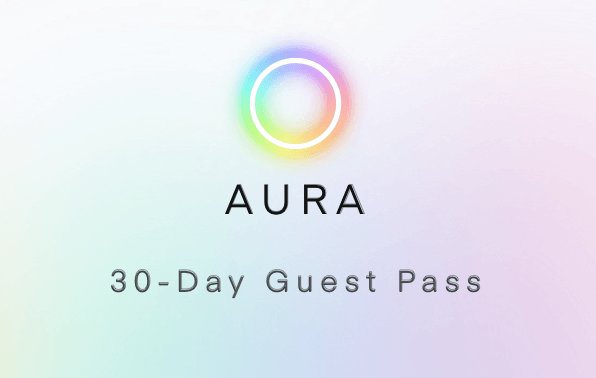What a piece of work is a man! How noble in reason, how infinite in faculties. In form and moving, how express and admirable. In action how like an angel. In apprehension how like a god. The beauty of the world. The paragon of animals. And yet, to me, what is this quintessence of dust? Man delights not me. No, nor woman neither, though by your smiling you seem to say so. Hamlet ACT 2, Sc iii
Should we be embracing our humanity or rejecting it? If humanity is largely responsible for the disordered state of the world in every possible sense, but especially economically, socially, and environmentally, might we not be better off advocating a ‘dehumanising’ campaign – something that would help us unlearn our terrible habits and divest us of our compulsive selfishness and narcissism? (Or am I the only selfish narcissist in the room?)
We seem to be living in an age of accelerating dysfunction where level playing fields are a myth and shoulders are shrugged as we engage in a frenzied scramble to either jump on or jump off the bandwagon. And even though we are living in a post-Industrial Age, it somehow feels like we are being devoured by a great, hulking machine whose toothed maw remorselessly claims vast swathes of us as we bid for futile escape. Just as we think we have made safe ground, the machine’s long arm reaches out to mechanically and systematically eat the earth beneath us, denying the possibility of stability.
It’s capitalism, it’s consumerism, it’s cultural colonialism, it’s the property game, it’s dwindling natural resources, it’s Big This and Big That, it’s lobbyists, it’s special interests, it’s collusion, it’s corruption, it’s incompetence, it’s creaking political systems, it’s contaminated institutions, it’s those who serve and those who are served, and those who are left behind. It’s the absence of better voices. It’s the absence of better messages. It’s the absence of better alternatives. It’s the absence of better humans.
Which is harsh on us. On we humans. Are we really that bad? I don’t think we are, to be honest, but we do seem to be forever susceptible to the corrupting forces that we ourselves have created. There still seems to be too much to be gained by allowing moral equivocation to prevail. Or conversely, too much to lose or too little to gain by taking more selfless positions that involve unfashionable ideas like care, compassion and consideration. Ideas that might allow the cultivation of long-term solutions. As much as we are historically healthier and wealthier, the world more resembles a disparate disunion of fiefdoms for the fantastically rich and powerful that care nothing at all that ever-growing numbers of their denizens cannot imagine sustainable futures.
So, we have failed. We are failing. Why? Why haven’t we done better? Why don’t we do better? I don’t think it can be merely the profit motive. I don’t think it can be just the materialist addiction that capitalism cultivates. It’s not even the sense that we are on a sinking ship and are hysterically seizing the last bottles of champagne and remaining chocolate mousse. I don’t think it’s as petty as that, because let’s not forget, the pursuit of money, and things, is not especially edifying – it is no more than a means to an end, the attainment of which we pray will afford us the freedom to have a better life experience.
No, it’s not just the money. It’s deeper than that. It surely has something to do with our sense of exceptionalism. It’s our vanity that tells us we deserve it. That we deserve our ‘land grab’, à la the rapacious Europeans of the 19th century. It’s the toddler’s yell of “mine!” that is hard-coded in us, no matter how we might protest to the contrary. Just look at how we behave when we are forced to be in confined spaces together – think of public transport or sitting in heavy traffic at the wheel of your own vehicle. We champ at the bit to get moving, we rage and snipe and bristle at the commuter or driver who dares to occupy our space. We get caught up in collective pressure and each contaminate the other with our ever-escalating desperation and determination to out-run, out-race and outlast our neighbour.
But where are we running to? What race are we trying to win, what finishing line are we endeavouring to be the first to cross? Is it a race to the top, or to the bottom? According to Hamlet, quoted above, we are “the paragon of animals”. The paragon. The ultimate. The zenith. The last thing. The last word. There’s nothing better to come. Well, if we’re the best, why not do whatever we want? Why not rule the world like child tyrants? And if we can’t do it literally, why don’t we conquer it symbolically by stamping our chest-thumping authority on the natural world?
We move into Ozymandias territory – behold, my great achievements! Behold, my tower blocks! Behold, my mansions! Behold, my property portfolio! In this we become competitive too – behold, my one which is greater than your one! And yet, as intimated by Shakespeare’s great Dane, there is an identifiable absurdity to it all because we are no more than a “quintessence of dust”, which according to 17th century thinkers is literally a fifth part of the stuff from which the universe was made. So, special dust, but dust nonetheless. And that from which we came is that to which we will certainly return, in no way exceptional to any other living thing. But that doesn’t impede our sense of destiny, we still reach for our stars, often to ridiculous effect.
For an illustration of this, look at the recent images from the top of Mount Everest. The geological king of the Himalayas, that breathtaking peak, how could its majesty be rendered mundane? Well, try making it resemble a queue for an ATM or a box office, or an Apple store. That’s what it looked like the other week when there was a logjam of mountaineers waiting for their summit-selfie opportunity in their primary-coloured jackets, doubtless having passed dead alpine comrades en route to the apex of our planet’s highest overland mountain. There they were, hundreds of little humans, some of them dying in line, making sure of their legacy, earning the right to say “I did it! That was me! ‘Made it, Ma! Top of the world!’”
Now, don’t get me wrong – some of my best friends are outdoor types. Indeed, I am a bit of an outdoor type myself. But surely even the most dedicated of mountaineers must be given pause when they reflect upon the scene described above. Surely a small part of them must think “maybe we should just leave this alone.” A gargantuan natural monolith is being devalued by the most unnatural striving for greatness – the human quest to conquer wonder; the urge to put a cap on awe; the inability of many of us not to reduce nature’s gifts to baubles and mementos and shiny Instagram posts. Again, none of this is to ignore the dedication, training and vocational passion of the individuals involved, but perhaps it’s time for a reassessment of goals and priorities?
I mean, are we going to just keep ticking off the same checklist, generation after generation? Are we so devoid of imagination and agency that we can’t redefine our collective purpose into something more meaningful? Do we even believe in a collective purpose, rather than the subscription to personal success? Are we only interested in our individual peaks, our solo pinnacles, or do we have any sense of what it might mean to rise higher as part of something more selfless? Because it seems there is nothing but evidence to show us how the compulsive individualisation of the modern age has decimated our connective tissue as social animals. We are stressed and depressed and riddled with doubt about the future world we are accelerating into. And although we may recognise that the same plight has befallen everybody else, we feel terribly alone.
Personally, I love being alone. But I also draw enormous comfort and strength from my friends, family, and various communities of which I am a part. No doubt if I didn’t have the aforementioned relationships, I might not enjoy solitude as much. It is a simple dichotomy that values social cohesion at the same time as content removal from the group. It’s giving life to both the private and public animal that dwells within. It’s an approximation of balance that feels healthy and allows time for consideration of self as of others. However, my sense of connection is qualified, and quite possibly drenched in denial. And in this regard, I am as guilty as anybody else of the vanity of exceptionalism.
I have been telling myself for years that I can do life my own way.
I can do life my own way and if I stick to my guns, somehow, somewhere, somewhen, I will be in a happy, secure place without having sold myself out. But it’s an incredibly arrogant position to think I will be fortuitously immune to the pitfalls and anchors and obligations that so many others either embrace or resignedly accept as inevitable. It is probably nothing more than that I permit myself a creative’s perspective. The viewpoint of that traditional outcast, the artist. Investing in intensive interiority to try and comprehend all that is exterior. It’s putting very little money in my pocket but I’m happy enough with the path it leads me along, so I’m not likely to change anytime soon.
Humans. We’re a mess. And if this is the best we can do, we’ve got a long way to go. Here’s the first part to the Hamlet speech above in which he articulates clearly his disillusionment with the world: I have of late – but wherefore I know not – lost all my mirth, forgone all custom of exercises; and indeed, it goes so heavily with my disposition; that this goodly frame the earth, seems to me a sterile promontory; this most excellent canopy the air, look you, this brave o’erhanging firmament, this majestical roof, fretted with golden fire: why, it appeareth no other thing to me, than a foul and pestilent congregation of vapours.
So, roughly four hundred years ago, Shakespeare, via the depressed prince, was basically saying ‘everything’s f***ed’. Now I have no idea if Elizabethans were as concerned with ‘end times’ as we are in 2019 but the play was written in or around the start of a new century, so maybe some bleak navel-gazing was only natural. Can we be consoled by the fact that feeling we’ve ruined everything is nothing new under the sun?
But we can do better. Surely. Instead of this Age of Entitlement, can we not instigate a New Age of Enlightenment? Let’s just accept, with real honesty, with true humility, that we are far from the best. That, in fact, many other animals do it better.
A final word from Jon Voight – everybody’s favourite Hollywood conservative – from his pulpy 1985 B-actioner ‘Runaway Train’ where he played brawling, broody, convict-philosopher Manny. After brutally kicking a fellow escapee while he is down, Manny is accused of being an animal. He sharply retorts “No! Worse! Human. Humaan!” Four words. Straight to the point. If only I could be so succinct.
Are we really the best the universe can do? How much of a paragon are you? Or are you more of a pestilent vapour?



